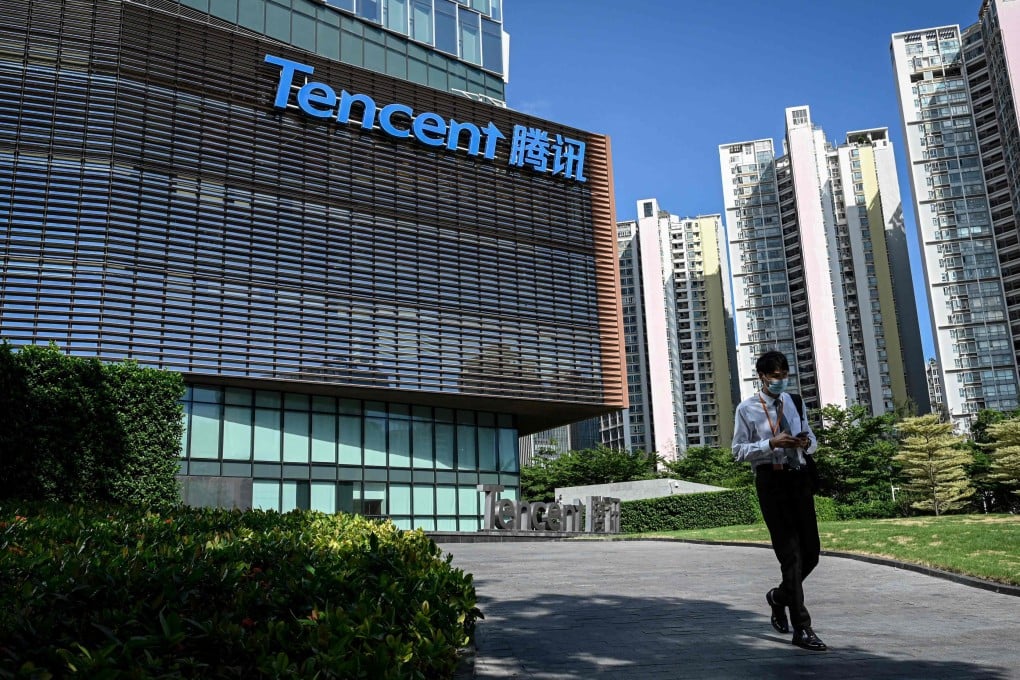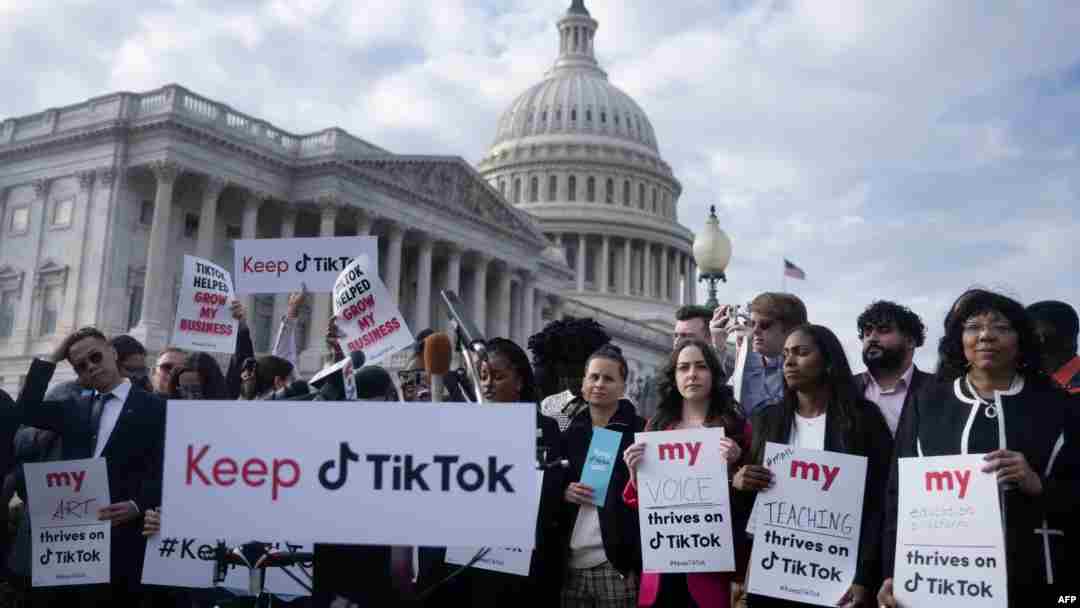The fate of TikTok in the United States hangs in the balance as the Supreme Court deliberates on a law that could ban the app. Signed by President Biden in April, the law mandates that TikTok’s China-based parent company, ByteDance, must sell the app to a non-Chinese owner or face a nationwide ban starting January 19, 2025.
During Friday’s oral arguments, the justices appeared likely to uphold the law, challenging TikTok’s defense that the ban violates the First Amendment. If implemented, the ban could remove TikTok from app stores and potentially block its use through internet service providers, though details remain unclear.
Existing users won’t lose immediate access, but the app will no longer receive updates, leaving it vulnerable to bugs and security issues. Over time, this could render TikTok unusable. However, workarounds like VPNs might allow some users to bypass restrictions, similar to practices in countries with longstanding social media bans.
ByteDance still has the option to sell TikTok’s U.S. assets to prevent the ban. Reports suggest interest from buyers, including a group backed by billionaire Frank McCourt and investor Kevin O’Leary. Legal experts believe the enforcement of the law under a new administration could also shift the situation, as President-elect Donald Trump has expressed interest in negotiating TikTok’s future.
For creators and users who rely on TikTok for income and engagement, the uncertainty has raised concerns. While the ban’s implementation could reshape the digital landscape, the ultimate outcome remains tied to legal rulings and political negotiations in the weeks ahead.




